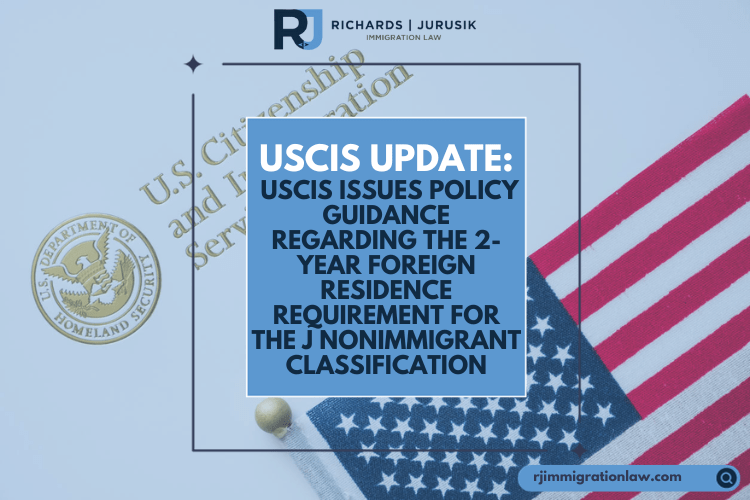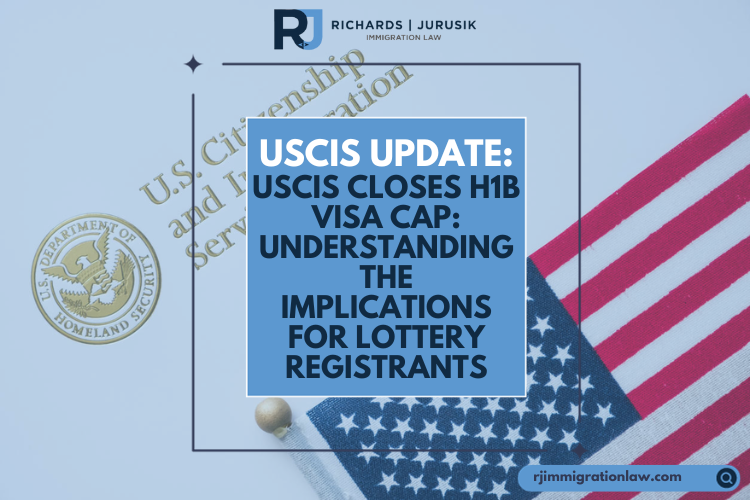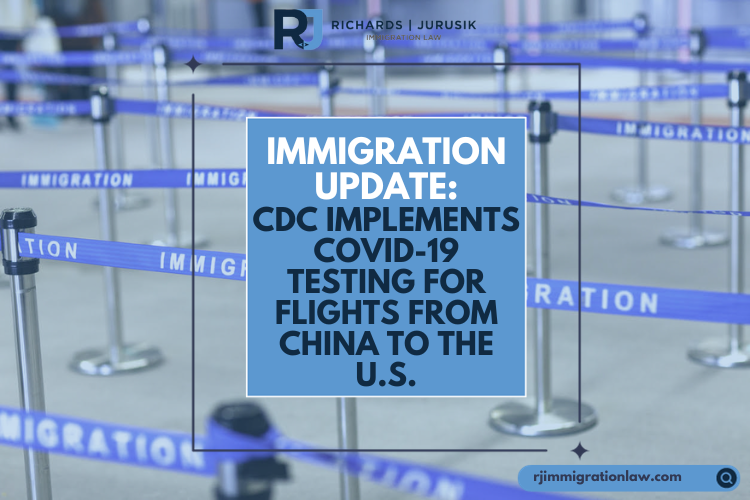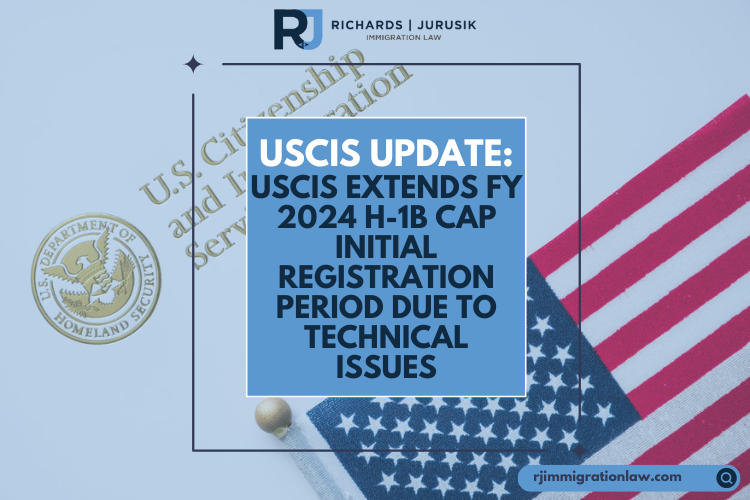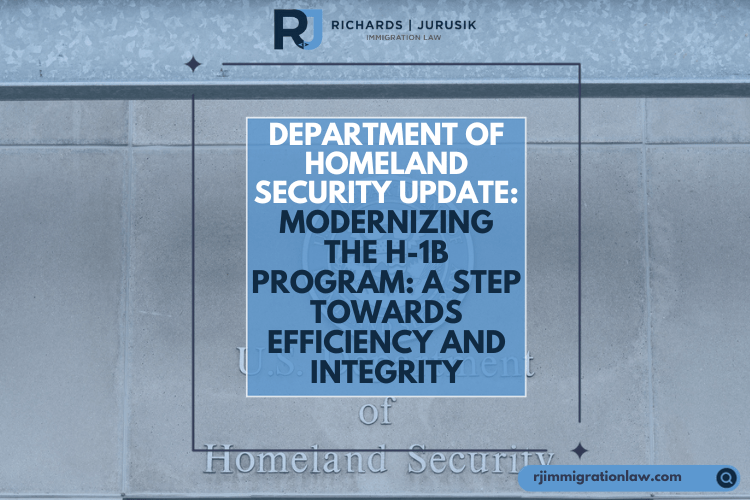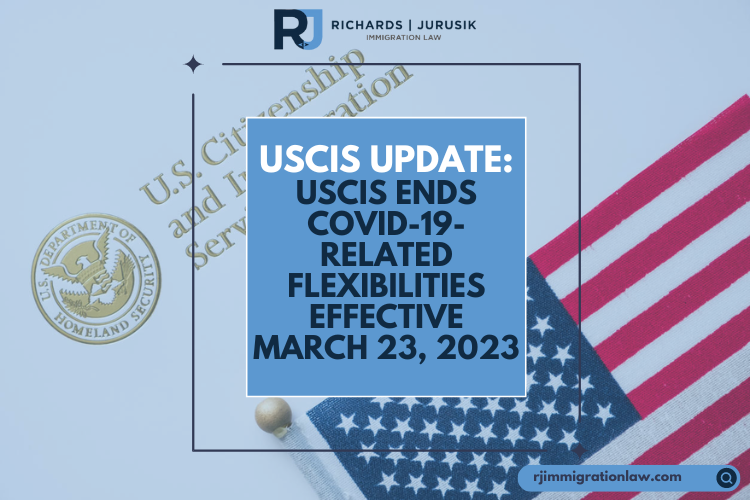USCIS has recently published a comprehensive update regarding the J-1 visa foreign residence requirement, which affects exchange visitors. This blog post delves into the key policy highlights, clarifications, and exceptions, providing valuable insights for prospective J-1 visa applicants.
The J-1 visa classification has long been a pathway for exchange visitors who wish to engage in various educational and professional activities in the United States. These activities can range from teaching and studying to conducting research and receiving training. However, some J-1 exchange visitors are subject to a critical requirement: they must reside and be physically present in their home country or last legal residence abroad for at least two years before they become eligible for an immigrant visa, adjustment of status, or certain nonimmigrant visas, including H, L, or K visas.
USCIS is taking further steps to refine its policies and enhance the understanding of how they determine whether a benefit requestor has met the two-year foreign residence requirement.
Policy Highlights
Effective immediately and applicable to benefit requests filed on or after October 24, 2023, offers several significant policy highlights:
Preponderance of the Evidence Standard: USCIS will assess whether the exchange visitor has met the two-year foreign residence requirement within the context of a subsequent application or petition under the “preponderance of the evidence” standard. This approach aims to ensure a fair evaluation of each case.
Counting Travel Days: USCIS now recognizes that even a fraction of a day spent in the country of nationality or last residence can count towards satisfying the two-year foreign residence requirement.
Case-by-Case Consideration: When a benefit requestor can’t fulfill the two-year foreign residence requirement, USCIS will review these cases on a case-by-case basis. Moreover, USCIS will consult with the Department of State in such instances, enhancing coordination between agencies.
Exceptions for Foreign Medical Graduates: USCIS has clarified the three exceptions to the requirement that foreign medical graduates must obtain a contract from a healthcare facility in an underserved area when seeking a waiver of the two-year foreign residence requirement.
In conclusion, the recent USCIS update regarding the J-1 visa’s foreign residence requirement brings valuable clarity and insights for exchange visitors aspiring to come to the United States. Understanding these policy changes is crucial for anyone considering a J-1 visa application and will help facilitate a smoother immigration process.
Subscribe to Our Resources Blog
Schedule a Consultation with an Immigration Lawyer
Read the Full Announcement Here
We Can Help!
You may have questions regarding USCIS policies. We invite you to contact our team at Richards and Jurusik for detailed guidance and assistance. We aim to provide the most accurate and up-to-date information to make your immigration process smoother and less stressful. The immigration lawyers at Richards and Jurusik have decades of experience helping people to work and live in the United States. Read some of our hundreds of 5-star client reviews! Contact us today to assess your legal situation.

